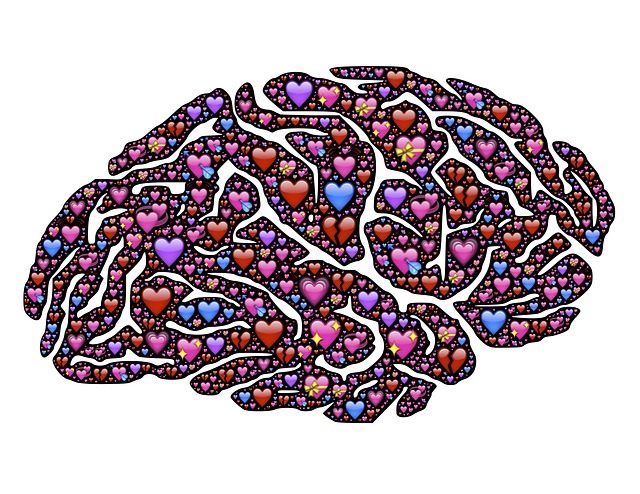An interesting question
Every once in a while, someone asks me if it’s possible to become neurodivergent.
It’s an interesting question, and it usually comes with a story. Most often, someone has started noticing that things are getting harder than they used to be, or that they can’t cope with things that they used to cope with, or that they seem to be developing more sensory issues, or sensory stuff is getting more intense than it used to be.
If you’ve wondered this, you’re not the only one.
The short answer
Being neurodivergent is often something that you’re born with, though certain life events can cause your brain to function in a significantly different way, such as trauma, especially chronic or complex trauma, traumatic brain injury, and certain neurological impairments such as a stroke or Alzheimers. So yes, it is possible to become neurodivergent.
Another answer
It is also possible to be neurodivergent from birth and not know it. That is, to have an experience of the world that is different but was not allowed to thrive.
Many of us worked very hard at trying to be what other people wanted us to be, expected us to be, what we thought we “should” be, and didn’t let ourselves function or think or experience things in the ways that worked best for us.
Usually when something big happens in our lives that puts extra stress on us, which could be a medical situation, bad work environment, caring for a family member, losing a support person, etc., we run out of energy reserves or lack enough resources to pretend any longer, and our ND-ness becomes more obvious.
To put that in a different way, we can learn to function in a way that isn’t our best, but it is harder, and only works when we have the energy to both function and pretend, mask, or fit in.
If we’ve never learned how to function in the way that does work best for us, we won’t have our natural strengths to fall back on. That is when a lot of us flounder.
If we no longer have that much energy, the pretense will begin to drop. But if we’ve never learned how to function in the way that does work best for us, because we’ve never been allowed, or it’s been unacceptable, or we never had a model to see what is possible, we won’t have our natural strengths to fall back on. That is when a lot of us flounder.
Whether you’re neurodivergent or not, if you have sensory issues, they often get more intense when you are sick or stressed or worried or tired. If you’re all of those, they could get very intense, very quickly.
A twist
It’s also worth mentioning that simply growing up, having a life experiences, and learning new things physically changes how our brains are structured, and that is absolutely normal and healthy and how our brains are supposed to work.
From this perspective, all brains are somewhat different. So is everyone neurodivergent?
However your brain is currently structured, I hope you have a neurowonderful day. 🙂




